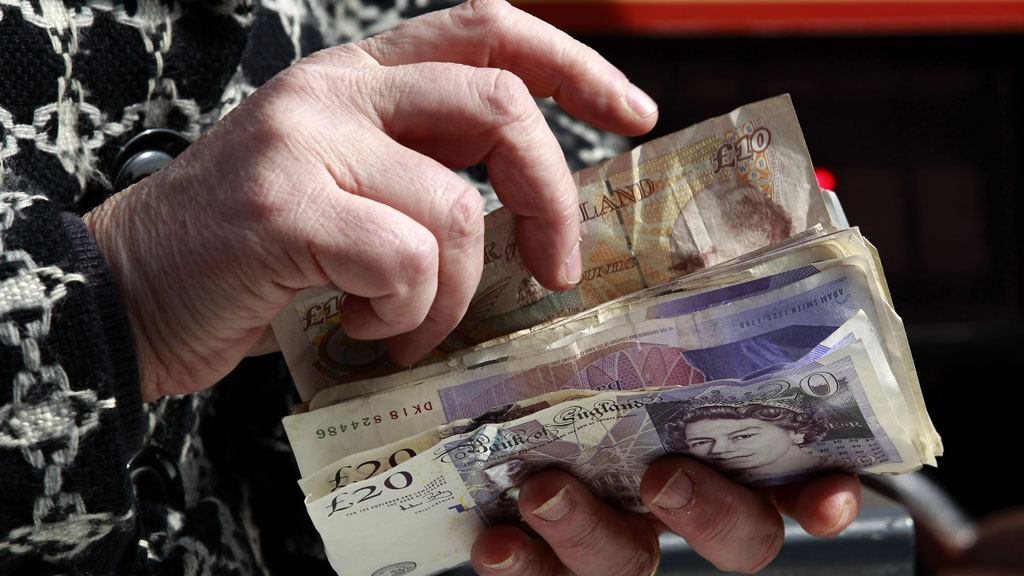Inflation rises to nine-month high
The cost of living goes up from 2.7 to 2.8 per cent in February, as Chancellor George Osborne adds the finishing touches to tomorrow’s budget.

The upward movement in the consumer prices index (CPI) measure of inflation for February follows a four-month run when it has remained at 2.7 per cent.
The rise in CPI, the government’s preferred measure of inflation, was caused by higher oil and petrol prices and energy bills.
But the retail prices index measure fell from 3.3 to 3.2 per cent.
Inflation has remained above the 2 per cent goal set by the government since the financial crisis.
The figures coincide with speculation that the chancellor is preparing to overhaul the Bank of England’s remit in the budget.
Facing calls to do more to help the economy, Mr Osborne is expected to launch a review that could pave the way for new instructions for the bank for the first time in nearly a decade.
It is thought he may seek to give interest rate policymakers a dual mandate not just to target inflation, but also to include a measure of economic stability, or offer more room to hit the existing inflation target over a longer period.
Economists predict CPI will rise as high as 3.5 per cent in the summer, with recent inflationary pressures compounded by the weakness of the pound as it pushes up import costs and squeezes household budgets.
The inflation figures kick off a busy week for economic releases, with figures also due out on public borrowing, retail sales, unemployment and minutes from last month’s Bank of England interest rates meeting.